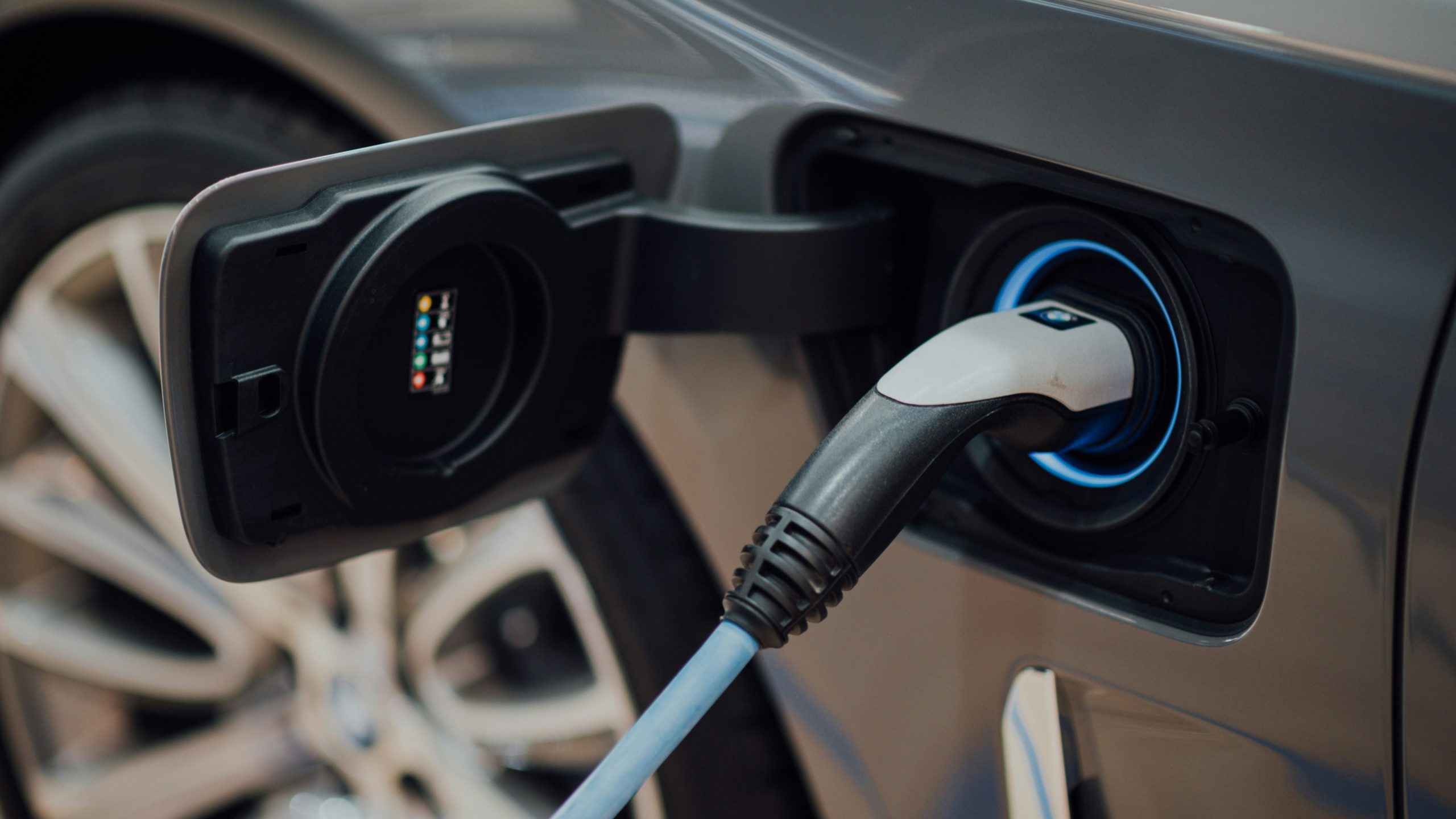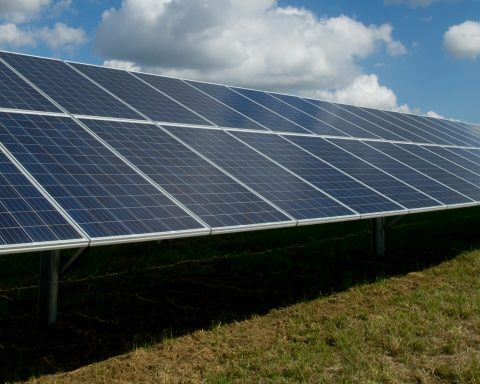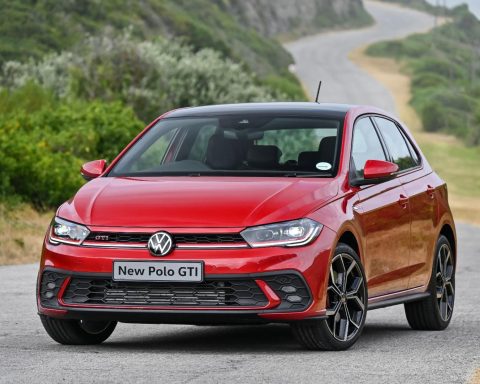Toyota and Volkswagen will enter South Africa’s battery-electric market in early 2026. Notably, Toyota has three new EVs in the pipeline, while Volkswagen is preparing its first local battery model. Together, these launches signal a move from niche offerings to mass-market options. As a result, with two of the country’s biggest brands stepping in, affordable electric cars could finally reach mainstream buyers.
How Prices Could Come Down
Under South Africa’s automotive policy, manufacturers can use Production Rebate Certificates to offset import duties on qualifying vehicles and parts. When applied correctly, those credits can reduce duties, sometimes to zero, and the savings flow straight into lower sticker prices. For example, one worked scenario shows duty savings of about R150,000 on an imported Toyota EV, which could bring the final price to under R700,000. In turn, that shift would put affordable electric cars within reach of far more households.
The Current Price Problem
For now, EVs still skew premium. Entry points sit around the mid-R500,000s before finance and insurance, and many popular models cost much more. In addition, taxes, shipping and dealer margins add up quickly. Ultimately, that cost stack remains the main barrier to affordable electric cars—even for drivers who want the low running costs and smooth drive that EVs offer.
Policy Tailwinds on the Way
From 1 March 2026, government will allow a 150% tax deduction on qualifying investment in EV and hydrogen-vehicle production equipment. Furthermore, combined with duty credits, the incentive should accelerate local tooling, expand model availability and support sharper pricing. As volumes grow, charging networks and after-sales support typically follow; consequently, owner confidence in affordable electric cars should improve.
What it Means for South Africans
Crucially, Toyota and VW already lead in sales and service coverage. If they pair that footprint with competitive pricing, flexible finance and reliable charging partnerships, South Africa’s EV market could tip from early adopters to everyday drivers. Beyond price, the payoff is practical: lower fuel and maintenance costs, quieter commutes and cleaner air, delivered by brands many families already trust. Ultimately, for buyers watching every rand, the 2026 wave could be the moment when affordable electric cars become a real choice.





